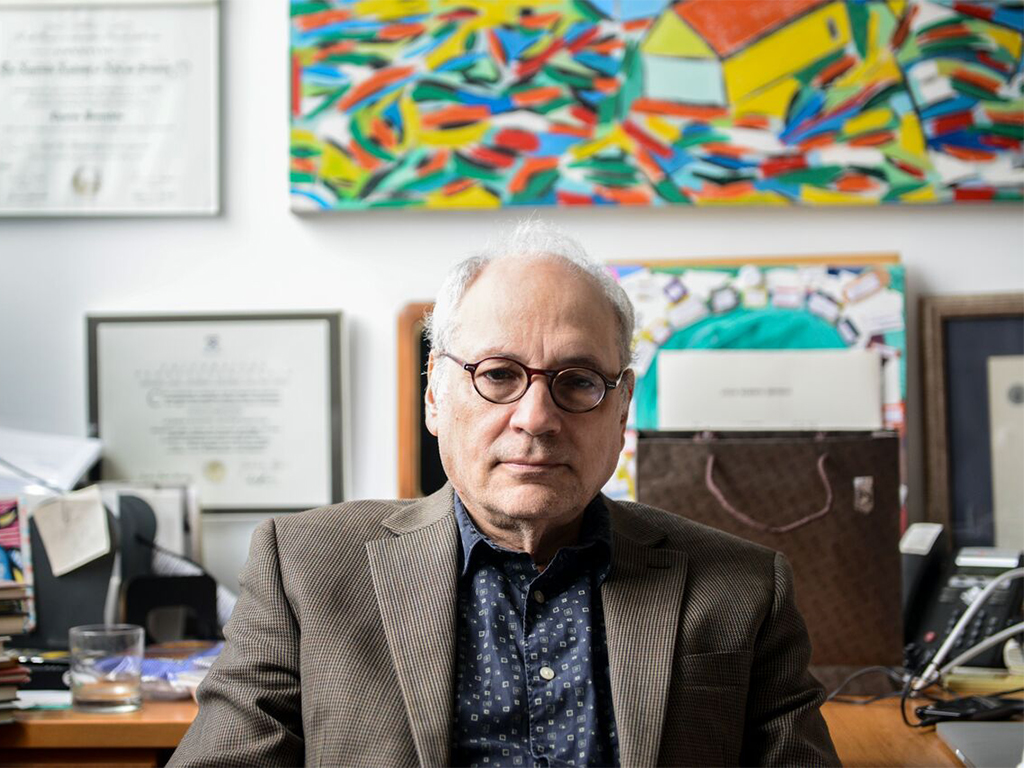
Charles Bernstein was born 1950 in New York City. He is the founder and member of L=A=N=G=U=A=G=E poets avant garde group or tendency. He attended the Bronx High School of Science and Harvard College in 1974. He is the author or editor of over 50 books, ranging from full-length collections of poetry and essays to pamphlets, libretti, and collaborations. His most recent works are Pitch of Poetry (University of Chicago, 2016) and Recalculating (Chicago, 2013). In 2010, Farrar, Straus & Giroux published All the Whiskey in Heaven: Selected Poems. Bernstein is Donald T. Regan Professor of English and Comparative Literature at the University of Pennsylvania, where he is co-director of PennSound. He is a fellow of the American Academy of Arts and Sciences. In 2015 Bernstein was awarded both the Münster Prize for International Poetry and Janus Pannonius Grand Prize for Poetry.
Thank You for Saying Thank You
This is a totally
accessible poem.
There is nothing
in this poem
that is in any
way difficult
to understand.
All the words
are simple &
to the point.
There are no new
concepts, no
theories, no
ideas to confuse
you. This poem
has no intellectual
pretensions. It is
purely emotional.
It fully expresses
the feelings of the
author: my feelings,
the person speaking
to you now.
It is all about
communication.
Heart to heart.
This poem appreciates
& values you as
a reader. It
celebrates the
triumph of the
human imagination
amidst pitfalls &
calamities. This poem
has 90 lines,
269 words, and
more syllables than
I have time to
count. Each line,
word, & syllable
have been chosen
to convey only the
intended meaning
& nothing more.
This poem abjures
obscurity & enigma.
There is nothing
hidden. A hundred
readers would each
read the poem
in an identical
manner & derive
the same message
from it. This
poem, like all
good poems, tells
a story in a direct
style that never
leaves the reader
guessing. While
at times expressing
bitterness, anger,
resentment, xenophobia,
& hints of racism, its
ultimate mood is
affirmative. It finds
joy even in
those spiteful moments
of life that
it shares with
you. This poem
represents the hope
for a poetry
that doesn't turn
its back on
the audience, that
doesn't think it's
better than the reader,
that is committed
to poetry as a
popular form, like kite
flying and fly
fishing. This poem
belongs to no
school, has no
dogma. It follows
no fashion. It
says just what
it says. It's
real.

